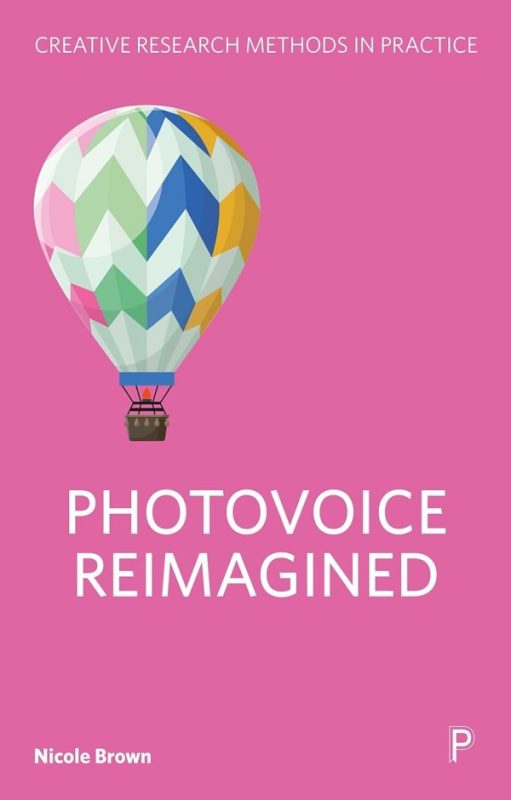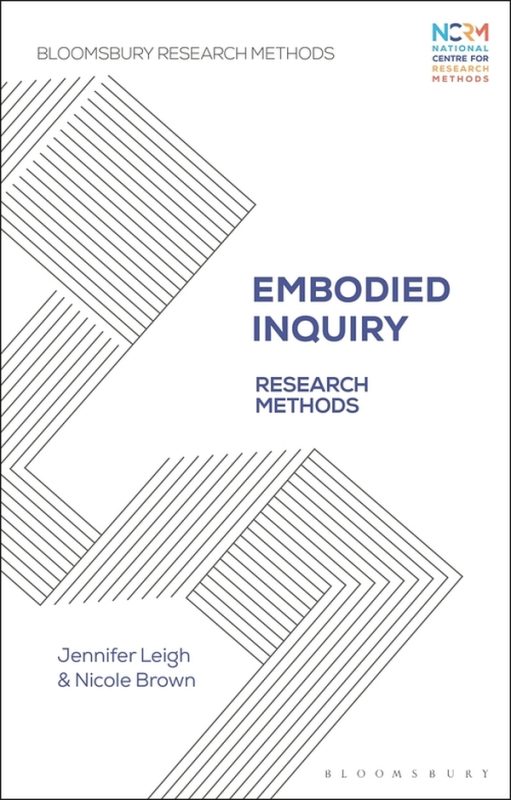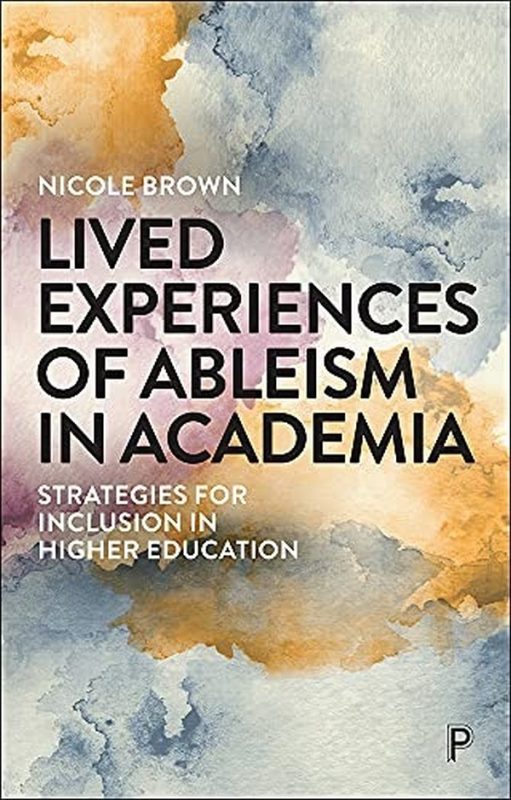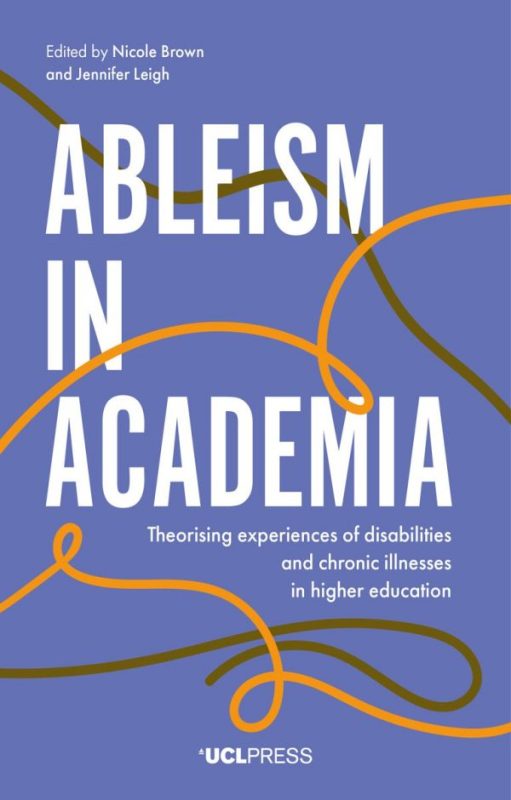
How to keep a research journal
This post links to my contribution to the Lex Academic Blog, in which I write about how to keep a research journal.
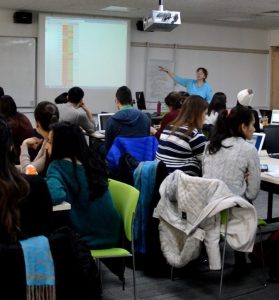
Teaching to large audiences
This post offers some recommendations on what to do if teaching involves larger audiences rather than smaller groups.

Supervising PhDs: Dealing with ‘atypical’ students
This is an extract from a guest post on the Supervising PhDs Community Blog, where I explore the experience of "atypical" students, and what research supervisors can do to better support those "atypical" students.
Bodies and buildings: How the chronically ill or disabled experience buildings in academia
Bodies and buildings - I am inviting you to take in part in my research project. Information, contact details and consent form available from here.
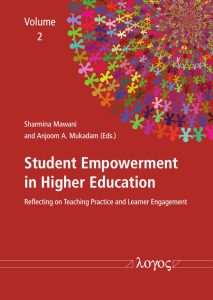
Chapter: Assessments: letting students decide
If students are to take responsibility for their learning, then why are they not also in charge of their assessments? This question forms the basis for this paper that is co-written between two students and one member of staff.
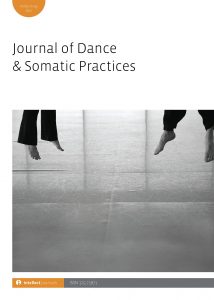
Article: Embodied reflection within dance training
This article explores where the somatically inspired pedagogy of teaching reflective practice through a creative and embodied approach sits within dance training.
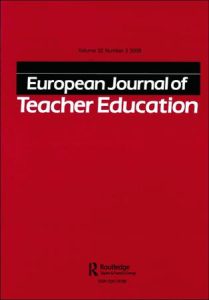
Article: Partnership in learning
This paper outlines two distinct staff-student collaborations and how such a partnership may innovate teaching practices.

Article: “Listen to your gut”: a reflexive approach to data analysis
This paper seeks to exemplify a reflexive approach to data analysis that accounts for the researcher’s positionality as well as the increasingly untraditional, unconventional data stemming from creative data collection methods.

Article: Partnership in teacher education
This article is an example of student-staff collaboration within the community of practice of trainee teachers.
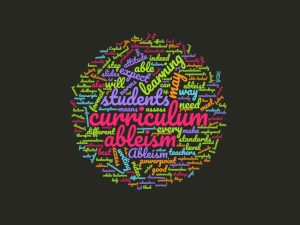
Ableism in the curriculum
In this post, I explain what ableism in the curriculum is, and what we as teachers can do to counter ableism in the curriculum.

Providing feedback for learning
Providing feedback is important to improve learning. So here are some examples for providing feedback that foster students' engagement.
Digest: Value of social networks for teachers
Kelly and Antonio (2016) report on the value of social networks, more sepcifically facebook, for the teaching communities.
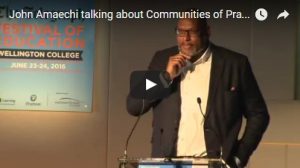
What are “communities of practice”?
Thoughts on what constitutes and characterises communities of practice and what is required to make communities of practice efficient and effective.
Pluralism lesson resources
Download the resources for the pluralism lesson from here.

Writing a good academic essay
Consider some key elements when writing an academic essay: structure, language, use of sources.

Nomination for The Liebster Award 2018
This is a post to formally accept the nomination for the Liebster Award 2018.
